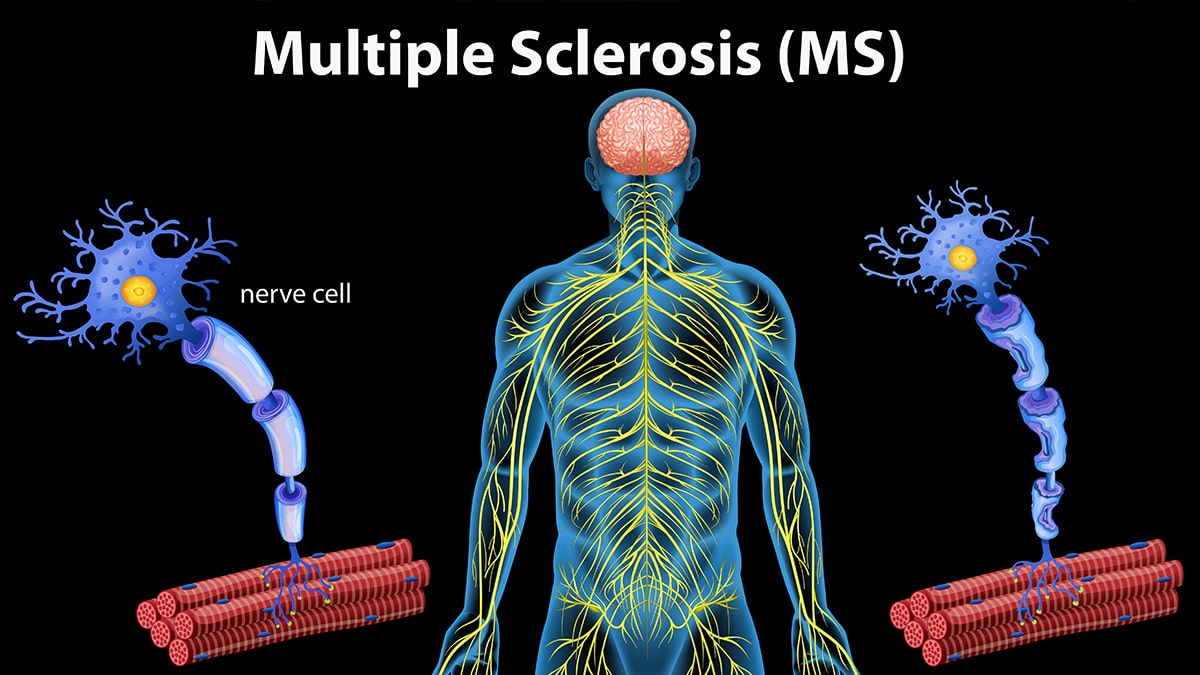Understanding Multiple Sclerosis: A Comprehensive Guide
Living with neurological conditions such as Multiple Sclerosis (MS) can be challenging. With proper knowledge and management, individuals diagnosed with this disease can lead fulfilling lives. In this guide, we will delve into the Multiple Sclerosis disease, its symptoms, benefits of early detection, and address some frequently asked questions to provide a better understanding of this condition.
What is Multiple Sclerosis?
Multiple Sclerosis is a chronic autoimmune disease that affects the central nervous system. It occurs when the immune system mistakenly attacks the protective covering of nerve fibers, leading to communication problems between the brain and the rest of the body. This can result in a wide range of symptoms, including fatigue, balance issues, and muscle weakness.
Benefits of Early Detection
Early detection of multiple sclerosis symptoms can significantly impact the management and progression of the disease. By identifying the condition in its early stages, healthcare providers can implement a treatment plan to help slow down the disease’s progression and manage symptoms effectively. Additionally, early intervention can enhance the quality of life for individuals living with MS.
Understanding Multiple Sclerosis in Detail
While Multiple Sclerosis manifests differently in each individual, common symptoms include numbness or weakness in one or more limbs, electric shock sensations with neck movements, tremors, lack of coordination, and vision problems. It is crucial for individuals experiencing such symptoms to seek medical attention for a proper diagnosis.
There are various types of MS, each with its unique characteristics. These include relapsing-remitting MS, primary progressive MS, secondary progressive MS, and progressive-relapsing MS. Understanding the type of MS one has is essential for developing an effective treatment plan.
Frequently Asked Questions About Multiple Sclerosis
1. What are the common risk factors for developing Multiple Sclerosis?
Risk factors for developing MS include genetics, age, gender (more common in females), smoking, and a history of certain viral infections.
2. How is Multiple Sclerosis diagnosed?
Diagnosis of MS involves a combination of medical history review, neurological exams, MRI scans, and other medical tests to rule out other conditions with similar symptoms.
3. Can diet and lifestyle changes impact the progression of Multiple Sclerosis?
While there is no specific diet that can cure MS, maintaining a healthy lifestyle through regular exercise and a balanced diet can help manage symptoms and improve overall well-being.
4. Are there any innovative treatments for Multiple Sclerosis?
Several innovative treatments, such as disease-modifying therapies, are available to help manage MS symptoms and slow down disease progression. It is essential to consult with a healthcare provider to determine the most suitable treatment.
5. How can individuals with Multiple Sclerosis improve their mental health?
Individuals with MS can benefit from seeking support from mental health professionals, joining support groups, practicing mindfulness techniques, and engaging in activities that promote emotional well-being.
Conclusion
Living with multiple sclerosis presents unique challenges, but with early detection, proper management, and a support system, individuals can lead fulfilling lives. It is essential for those diagnosed with MS to work closely with healthcare providers to develop a comprehensive treatment plan that meets their specific needs. By staying informed and taking proactive steps to address symptoms, individuals with MS can improve their quality of life and overall well-being.
For more information on Multiple Sclerosis, you can visit the official website of multiple sclerosis blue heron health news.

